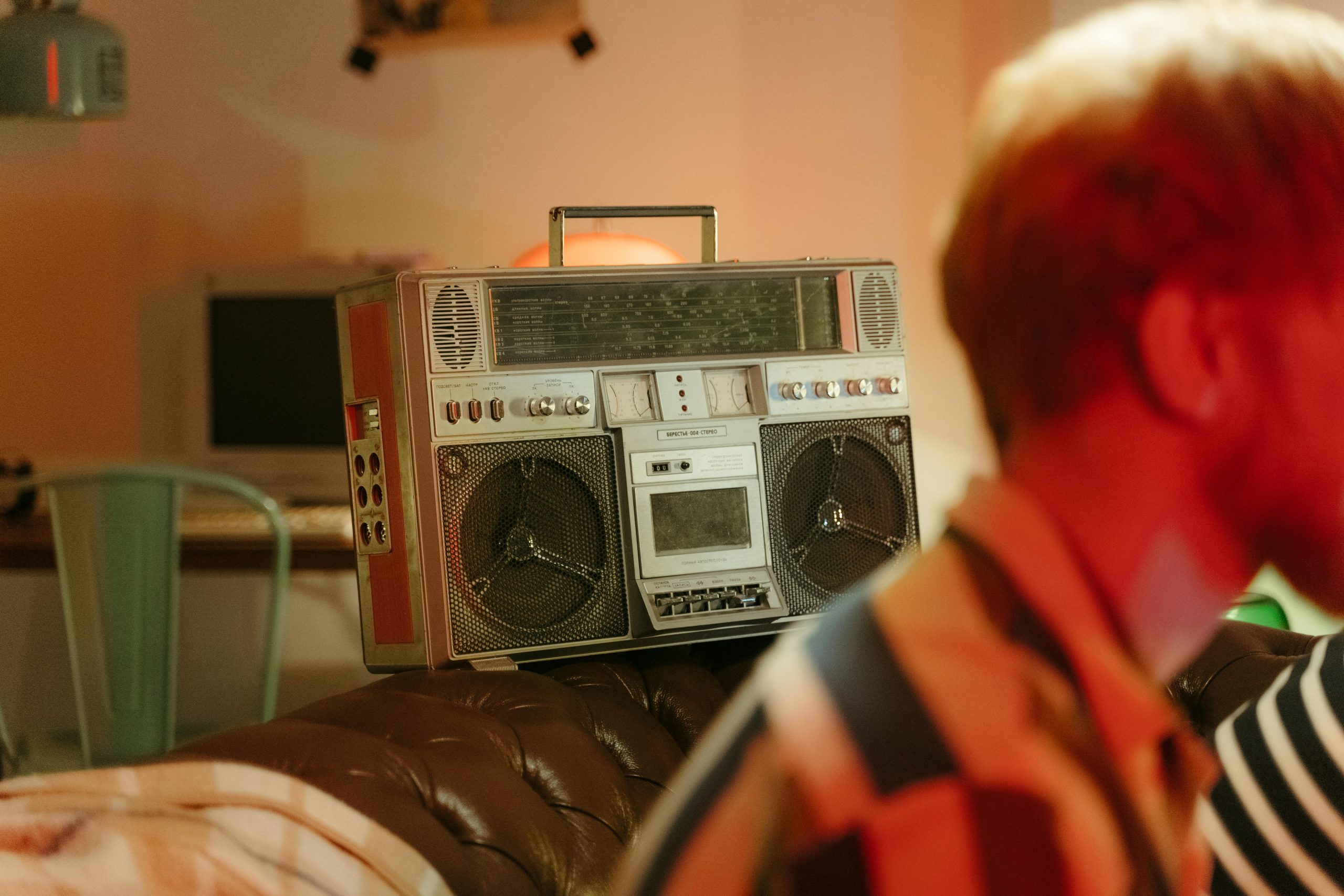The Rise of Rental Fashion: A New Era of Sustainable Consumption
The fashion industry has always been known for its constant changing trends and fast-paced production, making it one of the leading contributors to environmental degradation. With this in mind, a new wave of sustainable consumption has emerged in recent years, bringing forth the rise of rental fashion. Renting clothes has become a popular alternative to buying, not only because it provides a more affordable option but also because it aligns with the growing trend of eco-consciousness among consumers.
What is Rental Fashion?
Rental fashion refers to the practice of renting clothing items instead of buying them. It includes everything from high-end designer dresses for special occasions to everyday wear such as work attire and casual outfits. Rental fashion platforms offer a wide range of options for people to choose from, making it a convenient and accessible option for all.
The Idea Behind Rental Fashion
The concept of rental fashion is rooted in the principles of a circular economy, which emphasizes the reuse, recycle, and reduce approach. By renting, the clothes are being used multiple times, reducing the number of items being produced and ending up in landfills. Moreover, rental fashion also aims to promote a shift towards a more sustainable, responsible, and ethical way of consuming fashion.
The Rise of Rental Fashion
The recent years have seen a significant rise in the popularity of rental fashion, and it’s not surprising considering the many benefits it offers. One of the main factors contributing to its success is the growing awareness and concern among consumers towards the environmental impact of the fashion industry. According to a survey by Nielsen, 66% of global consumers are willing to pay more for sustainable products, and renting allows them to make more environmentally friendly choices without breaking the bank.
Changing Attitudes towards Ownership
Another reason for the rise of rental fashion is the changing attitude towards ownership among millennials and Gen Z. Owning a large wardrobe of clothes was once considered a status symbol, but now younger generations value experiences over material possessions. Renting allows them to have access to a wider variety of clothes, without the burden of ownership and the environmental impact that comes with it.
The Impact of Rental Fashion on the Environment
The fashion industry is notorious for its detrimental impact on the environment, from the excessive use of natural resources to the production of huge amounts of textile waste. According to the Ellen MacArthur Foundation, the fashion industry produces 1.2 billion tons of greenhouse gases annually. By promoting a more circular economy, rental fashion helps reduce the carbon footprint of the industry and lessen the amount of clothing waste entering landfills, making it a more sustainable option for consumers.
Leading the Way towards a Circular Fashion Industry
Rental fashion is also challenging the traditional linear production model of the fashion industry, where clothes are produced, sold, and eventually thrown away. By promoting renting as a viable option, it is paving the way towards a more circular fashion industry, where clothes are reused, recycled, and given a longer lifespan.
The Future of Rental Fashion
The future looks bright for rental fashion, as more and more consumers embrace this sustainable and responsible way of consuming fashion. With the rise in demand, we can expect to see a rise in the number of rental fashion platforms and a wider variety of options for consumers to choose from. Moreover, many fashion brands are also starting to incorporate rental options in their business models, further cementing the growth of this trend.
The Need for Proper Implementation and Regulation
While rental fashion has many benefits, it also raises concerns about its proper implementation and regulation. It is essential for rental fashion platforms to ensure the quality, hygiene, and proper cleaning of the rented clothes to avoid any health hazards. There is also a need for clear regulations to address issues such as copyright and intellectual property rights.
In conclusion, the rise of rental fashion is a significant step towards a more sustainable and responsible fashion industry. It not only offers an affordable and convenient option for consumers but also helps reduce the industry’s impact on the environment. With proper implementation and regulation, rental fashion has the potential to transform the industry and create a more circular and eco-conscious future.











